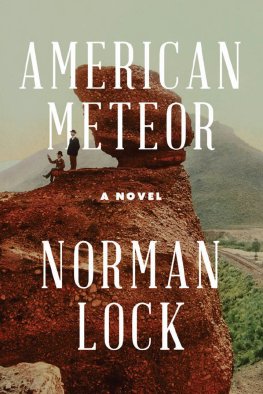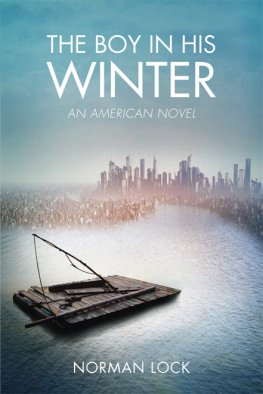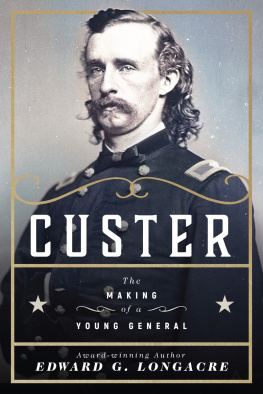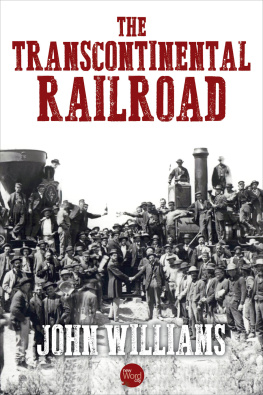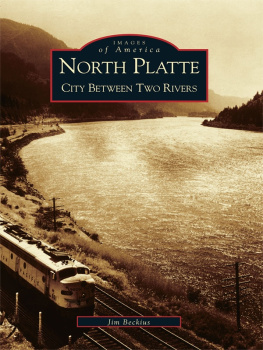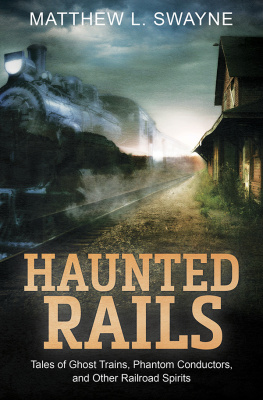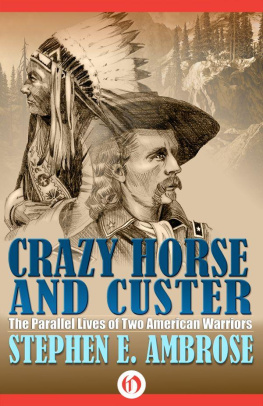Norman Lock
American Meteor
What am I myself but one of your meteors?
Walt Whitman, Year of Meteors
How beautiful and perfect are the animals!.
How perfect the earth, and the minutest thing upon it!
Walt Whitman, To Think of Time
This then is life.
Walt Whitman, Starting from Paumanok
Armory Square Hospital, Washington City, April 13, 1865
I got so I could disentangle from the general stink the various odors that combined in an evil and rancid atmosphere, oppressing the sound, the maimed, and the dying alike. My nose, always a perceptive organ, would search among the currents of stagnating air, like a monkeys snuffling delicately over a tempting morsel (filth, to you and me). I soon learned to recognize the different fumes of carbolic, pine tar, iodine, cigar smoke, whiskey, turpentine, creosote, blood, gore, lamp oil, sweat, paraffin, and the reeking contents of bedpans noisy with the riot of flies. I lay on the cot in a drowse, moving only to swat at them sight halved by a bandage over my eye.
Bored, I would watch the bloodstained surgeons and nurses passing to and fro, in frantic haste or in weariness, among long rows of cots that would seem, in their regularity, like cemetery plots if it werent for the thrashing of bodies consigned to their untidy sheets. My good eye fixed on the rafters overhead, I would not have known that the man next to me, whose blasted leg had been hauled away in a slop bucket, was still among the living if it hadnt been for his infernal groans. I swear Im not ashamed to say that, on more than one occasion, I wished him dead. I couldnt sleep, you see, because of the ache in my socket after its eye had been put out by a red-hot piece of rebel shell.
Lowering my gaze (if a one-eyed boy could be said to have a gaze) from the high ceiling, gauzy and sallow now with the smoke of the surgeons stogies, the ill-trimmed lamps, and coal stoves topped by madly rattling tubs where women, forearms beefy as any mans, stirred boiling water in which sheets and dressings stewed, I looked at the pair of boots, forlorn beneath my neighbors cot. Henceforth, he would require only one of them.
Although Id been sick before and once, with scarlet fever, at deaths door, Id never been inside a hospital until now. It was only natural for me to take an interest in the grim proceedings: I was sixteen and curious, like any other boy. Maybe if Id been gravely wounded, Id have been less able to view my surroundings dispassionately. But what pain I had was dulled by laudanum. All in all, I felt like a god must who comes, incognito, among his creatures one of lowly rank and stature, but a divinity nonetheless, who can tranquilly survey the wreckage of his creation.
Meditating war had made me thoughtful on the diverse ways a person may be recast by bullet, fire, or gangrene, I didnt hear the man in an open-collared shirt and slouch hat bend over the ruined soldier next to me; didnt hear him utter words of comfort while he dressed the weeping wound. So lost in my own hellish thoughts, I started and nearly cried out in surprise when he put his hand softly on my shoulder and, with his other, brushed the hair from my eye (the one that used to be). Id have cursed him for his familiarity and interference we were often interfered with by Bible-beaters, their damned turnip faces tearful or cunning in the lust for our souls but something in this mans face its frank look and sad, almost puzzled smile and in the gentleness of his hand as it lay so cool and nice on my feverish cheek made me hold my tongue.
Besides, Id seen him before.
Brooklyn and Manhattan, 18601861
Barelegged and shoeless, I stood against the sea the salty remnant that swept into Sheepshead Bay casting broken shells on the beach the Indians called Land Without Shadows. I considered myself a remarkable boy who, with the strength of Hercules, broke at every step the iron shackles meant, by a stern ocean, to hobble him. I was twelve or nearly on that September evening, with the whole of Brooklyn at my back and, beyond it, Staten Island and, in the unimaginable distance, the West unrolling like an enormous wave of soil, granite, and trees clear to the Pacific, which was said to be blue and reefed with coral. They took oysters there, also oysters like ours, big as dinner plates, to sell on the Barbary Coast, just as I sold what I managed to rake up from the shallows to saloons and eateries from Coenties Slip to Gouverneur Lane. My stooped back aching with the work and with the sodden canvas bag, heavy with oyster shells, hung across it, I stood up in time to see a fat gulls transit from air to water, legs crumpling under wings frantic to find again their gracefulness. It was a clumsy moment, saved by the low sun that gilded bird and wave alike. I noticed, out the corner of my eye (I had two of them then), the man whod later kneel beside my cot in the Washington City hospital at the very end of Mr. Lincolns War. The wound dresser bore slight resemblance to this person capering on the wet sand, as if each of the four intervening years of war had tolled twice for him in sorrow, so aged and harrowed did he seem. But in 1860, he looked to be the youthful and vigorous man he was, although he behaved like a lunatic crazed by the seething tide. Those were nervous times. From Bleeding Kansas to Harpers Ferry, the contagion had been spreading like fire through the rooms of a house, and only the senile or the insane, whose nerves hummed to quite different vibrations, might escape the universal jangle.
He was muttering some prayer or so it seemed to me, a boy whod stood oftentimes on a Sunday morning outside the Methodist church to hear the hymns. The man stood, hat in hand, as if in the presence of the Almighty or a Gravesend copper his throat moving impolitely, as might that of a man whod swallowed raw whiskey. He was a sight! Abruptly, the wind picked up, as it will in September before nightfall, and gusts of words strange and thrilling came within my hearing, mixed with the noise of water dragging over gravel and broken shells: You oceans that have been calm within me! how I feel you, fathomless, stirring, preparing unprecedented waves and storms. Those were brave-sounding words to a boy hankering for adventure, with the salt burning his lips a boy not knowing before this moment that he wished to throw off the yoke of his miserable days. I nearly threw off the oyster bag, but I didnt, fearing my fathers razor strop.
The wind fell away and, with it, the words of the lunatic, which no longer reached me. Surely, he must be one, the way he stood there, with the rising water picking at his boot laces oblivious and mouthing blessings or obscenities at the trembling horizon! The exultation left me, like water squeezed from a sponge, and my heart grew sad. Perhaps it was the flooding tide, which made in the dusky light the same sad music were a band to play a heartrending adagio.
I turned and, pulling the streaming bag after me, left the ocean, the beach, and, for all I knew, the world to its last darkness. I hurried across Coney Island Creek toward the Hope & Anchor to sell my sweet harvest.
After that night, which Ive never ceased to think of as marvelous (forty-some years later, I cannot recall it without a thrilling sensation at the back of my neck), I seemed to see the man everywhere I went: leaning, nonchalant, against the taffrail on the Brooklyn ferry, jawing with the teamster on a Broadway streetcar, loafing with roughnecks by Gowanus Creek, cooing over bedraggled pigeons in Battery Park, and flushed and rowdy in taprooms up and down Pearl, Fulton, and Water streets. Always, the man seemed to wind himself outlandishly among his fellows, as if to entangle himself en masse in them an arm thrown congenially around their necks, embracing them all, bestowing a brotherly kiss on the bearded lips of them all. A wicker hamper of oysters at my feet, Id watch with amazement while he sauntered amid a crowd of men and women who seemed not the least put out by his wildness. He was, I thought, a one-man circus or a freak show whose candor couldnt embarrass me not after having spent my childhood in a tenement house, with only a curtain dividing our half of the room from our neighbors. Early on, I knew the ways of men and women and how they would grapple in love, misery, and in hatred, sometimes with a ferocity that drove me out onto the streets, where the night its tonic, unpent air and its calm stars silenced the clamor of my heart.

